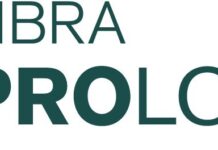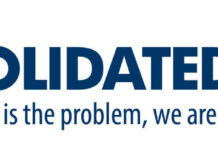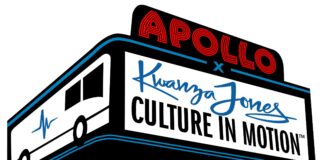MIAMI, Feb. 5, 2020 /PRNewswire-HISPANIC PR WIRE/ — In and around large-scale events like the recent national football championship, human trafficking increases exponentially. Miami was host of the mega sports event this year and prepared for this by complying with training of hotel employees in areas like housekeeping and front desk in compliance with the State of Florida requisites regarding annual trafficking awareness. Currently, there are 40.3 million global victims of human trafficking, but when people think about combating human trafficking, private financial institutions and bankers are usually not the first things that come to mind.
Human trafficking is estimated to generate $150.2 billion per year, according to the Financial Flow from Human Trafficking report recently published by the Financial Action Task Force (“FATF”) and the Asia/Pacific Group on Money Laundering. If these dollars are to be legitimized they will need to be “cleaned” and inserted into the economy through some type of financial institution.
Therefore, private banking institutions play a critical role in helping to identify the crime, the potential victims, and those who are victimizing them. As laws crack down on detecting money laundering activities, including human trafficking, criminals are becoming more sophisticated in finding ways to conceal the traces of their illicit wealth.
It is expected that today financial institutions can identify suspicious activity and money laundering through potential transactions, like continued and excessive accommodation and transportation expenses such as airline tickets, train tickets, and hotel rooms for the victim as they tend to be moved around domestically or internationally.
Other key indicators include a lack of fixed living expenses, repeated mobile numbers or addresses in various profiles, employment reference being used to open multiple accounts, and large deposits of money that are almost immediately withdrawn, among others. Tellers play a crucial role since they can identify a pattern of victims being escorted by a handler or translator when making changes to accounts in person.
The banking industry faces many obstacles in being able to develop a comprehensive human trafficking detection system but the industry recognizes the need for this. It is estimated that the global anti money laundering market size is expected to reach USD 1.99 billion by 2025, according to a new report by Grand View Research, Inc.
Best practices indicate banks must consider four steps: background information, sharing of information between institutions and regulators, extensive due diligence or application of KYC (know your customer) and reporting any suspicious activity to the proper authorities.
David Schwartz, President and CEO of the Florida International Bankers Association (‘FIBA’) says banks need to stay ahead of the game: “We need to share capabilities and information through partnerships between the public sector, private sector, civil society and non-profit organizations.”
This is going to be the focus of this year’s annual AML Compliance Conference organized by FIBA to be held March 16 – 18th in Miami. An iconic symposium that brings together industry leaders and regulators from FinCEN, Homeland Security, Office of the Special Narcotics Prosecutor, FBI and the Federal Reserve, among others for an open dialogue to shed light on subjects such as these.
Schwartz announced that Rani Hong will be a keynote speaker. Rani is a survivor of child trafficking & United Nations GIFT Special Advisor.
“There needs to be increased information sharing among stakeholders to improve the effectiveness of efforts to combat human trafficking through the related money laundering,” he added.
The role banking plays in curbing and helping to combat human trafficking, along with other illegal activities, is fundamental to combat these crimes and nonprofit industry organizations like FIBA have made this a top priority in their agenda.
SOURCE FIBA Bankers






